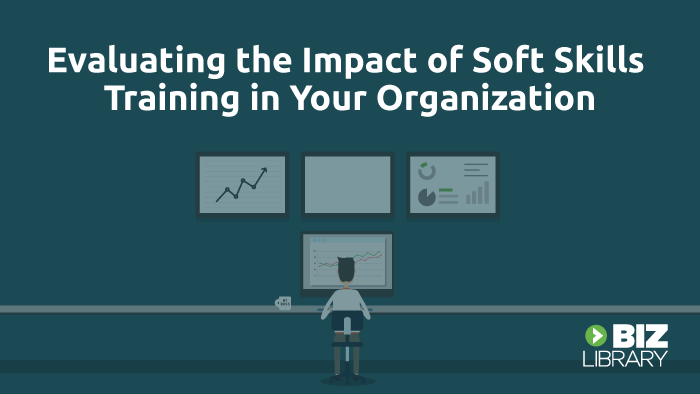The skills employees need in different roles will certainly vary. Every job and industry will have individual sets of skills and knowledge needed to complete tasks. Lawyers will need to know the law. Medical professionals will need to know the ins and outs of healthcare. Teachers will need to know education principles.
However, there are foundational job skills that are pertinent to every job holder. These skills provide the critical building blocks for training and learning in the workplace, and developing those skills should be a continuous process.
Regularly delivering learning and development to employees in order to improve their skills, expand their knowledge, and stay up to date with regulatory standards is a great way to keep up with foundational skills. Providing opportunities for ongoing training often allows employees to be more invested and motivated in their learning journey and career growth.
Those organizations that don’t find the importance in foundational skills and fail to address the need for training run the risk of having higher costs due to turnover, more employee errors, possible safety incidents, and lower productivity.
Ongoing training is important because it reduces skill gaps, provides a strong plan for employee development, and can even boost morale. When your staff is trained regularly, your organization can surpass competition and succeed as a whole.
Here we have broken these foundational skills employees need for the workplace down into four categories.
Cognitive Skills for Employee Development
In layman’s terms, cognitive skills are the foundational skills that our brains use to think, read, learn, remember, reason, and pay attention. In the workplace, they help us process information, apply what we’ve learned, analyze topics, develop reasoning, evaluate information, and make decisions.
To further break it down even further, these are the everyday skills employees should have according to McKinsey & Company.
Critical Thinking – Problem solving, decision-making, research capabilities
Communication – Public speaking, asking open-ended questions, and active listening
Planning – Prioritization, time management, and being an agile thinker
Flexibility – Creativity, adapting to change and uncertainty, seeing different perspectives
Interpersonal Skills in the Workplace
Interpersonal skills help each employee best interact and communicate with others effectively on the job. Essentially, they’re what are often called “people skills” or soft skills and can stretch into emotional intelligence.
Again, McKinsey breaks it down well.
Teamwork – Building an inclusive culture, collaboration, conflict resolution
Relationship Building – Developing empathy, fostering trust, interacting socially
Self-Management Skills
Self-management is the ability to self-regulate and be able to keep track of tasks and productivity. Workers coming in should have these skills as they aid in workplace performance and positively impact their career development.
McKinsey lays it out as such:
Self-leadership – Emotional awareness, self-confidence, and motivation
Taking chances – Risk taking, open to change and innovation, and being passionate
Goal oriented – Being decisive, coping with uncertainty, and learning mindset
Digital Literacy Training
In a broad sense, digital literacy skills are the ones that will help employees reach company goals by using available technologies. By having these skills, employees can have heightened efficiency and higher productivity. Being able to reduce or even eliminate burdensome tasks can also provide greater job satisfaction and better communications.
Again, McKinsey says:
Digital Fluency – Being able to collaborate digitally, knowing cybersecurity measures, and online learning
Software skills – Knowing how to use Microsoft and Outlook, for example, and being able to do simple math
Research has shown that better-trained staff have better performance and are more motivated. Motivated employees seek out training to grow and improve while furthering their career prospects. Being agile is crucial in the current landscape, so they’re looking for training in foundational skills from their employers. Investing in foundation skills training offers your organization a more dynamic workforce while also retaining employees and getting desired results.
Measuring Soft Skills
As stated, everyone needs soft skills, but what’s difficult is measuring these skills. Each person is different, and so, too, will be their aptitude in these skills.
However, there are ways to go about measuring these skills. Consider completing pre- and post-training assessments to gauge where and employee is and where they are after training. This helps to gauge progress made on an employee to employee basis.
BizSkills can help! Our new platform can take the blood, sweat, and possible tears out of gauging employee skills. On top of measure progress and keeping easily accessible reports, our platform can also provide a pathway for employees to follow on their skills learning journey. We’ve taken more than 1500 skills (including those listed above) and mapped them to a job role library. That’s then mapped once more to our content library, so it’s all just a few mouse clicks away.

